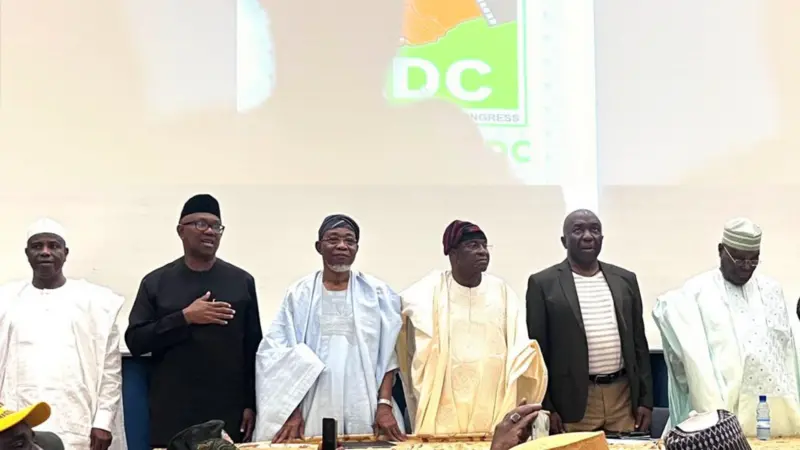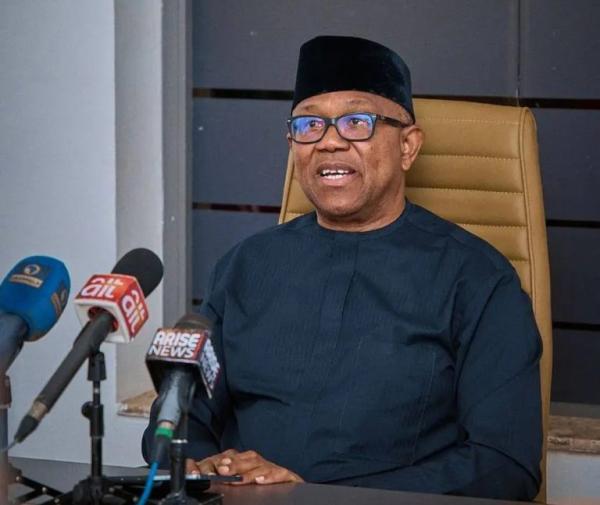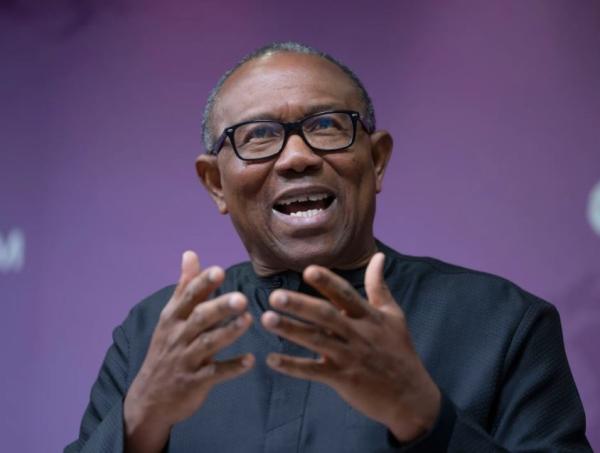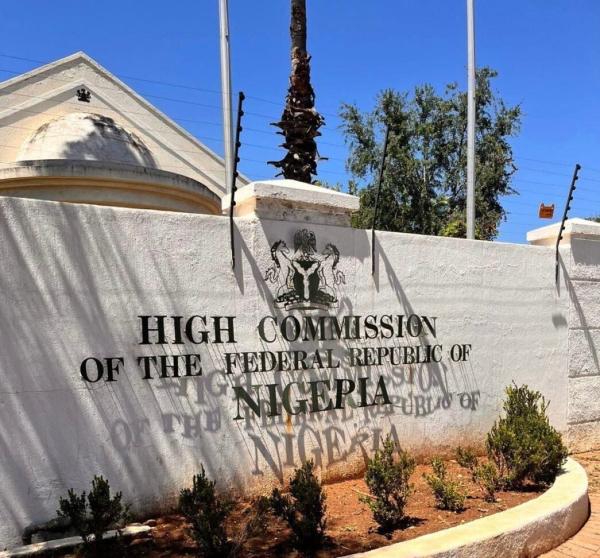
Economic activities across the country took a severe blow yesterday following an industrial action embarked upon by workers under the aegis of the Nigerian Labour Congress (NLC) and affiliate groups during which electricity installations and petroleum depots belonging to the Nigerian National Petroleum Corporation (NNPC) were shut down.
The angry workers barricaded offices and facilities of the NNPC in protest against splitting into several other business units of the state oil company by the Federal Government on Tuesday.
Later yesterday, workers of the NNPC declared an indefinite strike. The NNPC Group Chairman of the National Union of Petroleum and Natural Gas (NUPENG), Odudu Udofia, who disclosed this yesterday in Abuja, berated the Minister of State for Petroleum Resources, Dr. Ibe Kachikwu, for alleged policy inconsistency.
He said: “The group executive council of both NUPENG and PENGASSAN NNPC has directed all its members to proceed on an indefinite strike from 12 midnight of 8th March 2016 due to the pronouncement of the Minister of State for Petroleum/GMD on NNPC unbundling.”
While stating that the unions were not against reformation of the corporation, Udofia stressed that the restructuring of the NNPC by the minister has been shrouded in secrecy for a long period without involving or carrying any of the stakeholders along.
The union observed that the reduction of the directorates from seven to four in the first rejig was applauded because it was hinged on cost reduction and effectiveness. He then wondered why the increase from four to the same seven this time around.
Besides, he hinted that the existing condition of service for workers that are already working in the existing directorates who may be transferred to the newly subsets have not been agreed upon by the labour unions and government before the announcement of the reorganisation.
“There is inconsistency and general lack of accountability of the corporation as evident by somersaults in policy by the minister. The directorate structure was initially trimmed down as a cost-saving measure. This was applauded because it is in line with the intention of government. However, the same structure that was dropped is now back in disguise with only change in nomenclature. How are we sure very soon we will not have reasons to change it again?” he queried.
Udofia said that the restructure process would lead to direct and indirect job losses and change in condition of services that would affect existing staff welfare.
He also stated that bringing pension matters under the NNPC Venture clearly undermines the provision of the Pension Reforms Act 2004, which is clear on the independence of pension management.
He added: “The refineries are supposed to be independent in the unbundling process. But the basics of independence have not been addressed. Crude supply, turnaround maintenance and the enabling environment have not been provided for them to be independent.”
But the Minister of State for Petroleum Resources, Dr. Ibe Kachikwu, said yesterday, that there was no cause for alarm over actions taken by labour unions, as efforts were on going to resolve the crisis.
The atmosphere at the NNPC Tower headquarters of the NNPC showed the workers were not convinced the re-organisation would not lead to mass job losses as they are not getting any comfort from the fact that all the nearly 90 senior managers at the Petroleum Products Marketing Company (PPMC) recalled to the headquarters last year November have not been given any responsibilities.
Indeed, CEOAfrica source investigations showed that the action was already taking its toll on business and domestic activities, as Kaduna Refinery and many filling stations remained shut. At the Port Harcourt Refinery and zonal office of NNPC in the city, business activities came to a halt.
NUPENG group secretary, Uche Amara, told The Guardian the refinery had been shut down because aggrieved workers were protesting against the decision to unbundle the NNPC without recourse to due process and adequate consultation with critical stakeholders. He cautioned that if the issues at stake were not expeditiously resolved, Nigerians would from today begin to feel the impact of the industrial action which might affect the distribution of petroleum products.
Meanwhile, the Senate yesterday said it would start debating the Federal Government’s decision to unbundle the NNPC. Senate President, Bukola Saraki, directed the Chief Whip, Senator Olusola Adeyeye, to formally present a motion which would be extensively debated at plenary today.
The protesters shut down Kaduna refinery, preventing workers from gaining entry. The unions alleged that they were not consulted before decisions on the unbundling, which they described as unacceptable, were taken, insisting that the minister invite them for discussion before embarking on any action that has to do with their welfare.






















